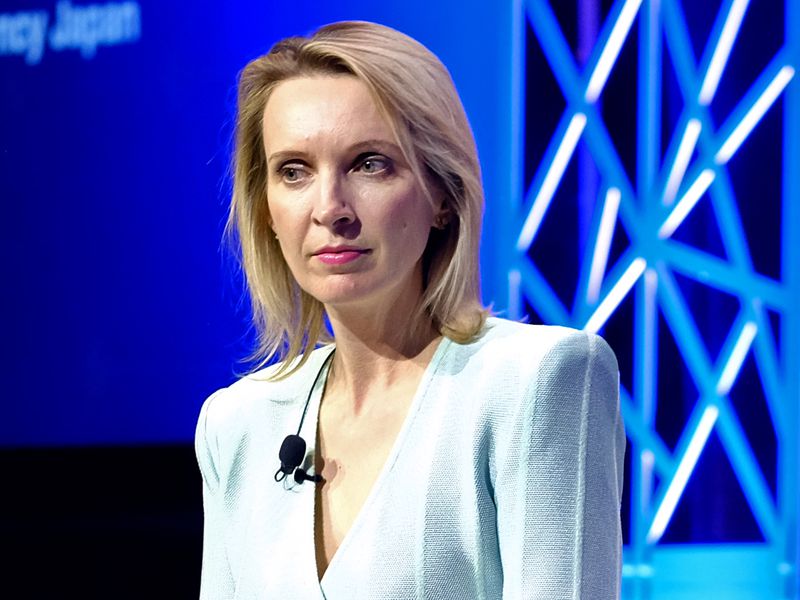Dragonfly, Crypto.com Weigh in on CFTC’s Proposed Prediction Market Rules
-
The CFTC’s notice of proposed rulemaking for prediction markets drew various comments from the public, including the crypto industry.
-
Crypto industry stakeholders say the rules are too broad and would constitute an overreach, considering the recent ‘Chevron court decision.
Dragonfly Digital Management and Crypto.com have joined crypto exchange Coinbase in criticizing the Commodities Futures Trading Commission’s (CFTC) proposed rules on prediction markets.
Critics say that the CFTC’s proposed rules broadly categorize and ban certain event contracts, including those related to gaming – with Coinbase calling the CFTC’s proposed definition of gaming too ambiguous – and elections, raising concerns that this overreach exceeds statutory authority, stifles innovation, and neglects the economic benefits these contracts provide.
“Political event contracts should not be equated with gambling on games of chance like the Super Bowl. Rather, elections have significant economic implications,” Dragonfly’s Jessica Furr and Bryan Edelman, its counsel, wrote in a letter to CFTC. “These contracts were designed to serve crucial risk hedging functions, aligning with the requirements of the Commodity Exchange Act (CEA), and offer valuable predictive data to the public.”
Dragonfly also argues that the CFTC’s proposed rule overreaches by broadly banning prediction markets without proper evaluation, especially given the Supreme Court’s recent ‘Chevron’ decision, which limits the agency’s interpretive authority without a Congressional mandate.
Crypto.com’s Steve Humenik, its Special Vice President in charge of Capital Markets, argues that the CFTC’s attempt to ban prediction markets violates a rulemaking process dictated by the CEA, which involves a three-step approach.
According to the CEA, the three-step process requires the CFTC to assess whether a contract involves an excluded commodity, whether it engages in specified activities, and whether it’s contrary to the public interest before banning it.
“The CFTC must articulate its justification for determining that a given contract has an underlying excluded commodity. This should not be a foregone conclusion,” Humenik wrote. “We urge the CFTC not to sidestep its obligations to undergo a three-step review process with respect to these types of event contracts, and to eliminate this aspect of the Event Contracts NOPR [notice of proposed rulemaking].”
Others not directly involved in the crypto industry also weighed in on the issue.
Joseph Fishkin, a Law Professor at UCLA, wrote that prediction markets offer valuable insights into public opinion and political events and should not be regulated in a way that shuts them down in the U.S.
“I think they enrich our understanding of politics, the news media, political ‘conventional wisdom,’ and the extent to which crowds consistently get certain types of political predictions wrong,” Fishkin wrote. “I hope you will not regulate them out of existence in this country.”
Edited by Omkar Godbole.
Disclosure
Please note that our
privacy policy,
terms of use,
cookies,
and
do not sell my personal information
has been updated
.
CoinDesk is an
award-winning
media outlet that covers the cryptocurrency industry. Its journalists abide by a
strict set of editorial policies.
In November 2023
, CoinDesk was acquired
by the Bullish group, owner of
Bullish,
a regulated, digital assets exchange. The Bullish group is majority-owned by
Block.one; both companies have
interests
in a variety of blockchain and digital asset businesses and significant holdings of digital assets, including bitcoin.
CoinDesk operates as an independent subsidiary with an editorial committee to protect journalistic independence. CoinDesk employees, including journalists, may receive options in the Bullish group as part of their compensation.
:format(jpg)/s3.amazonaws.com/arc-authors/coindesk/ff7c302f-d3ab-4905-92e1-2f7f5106d13c.png)









